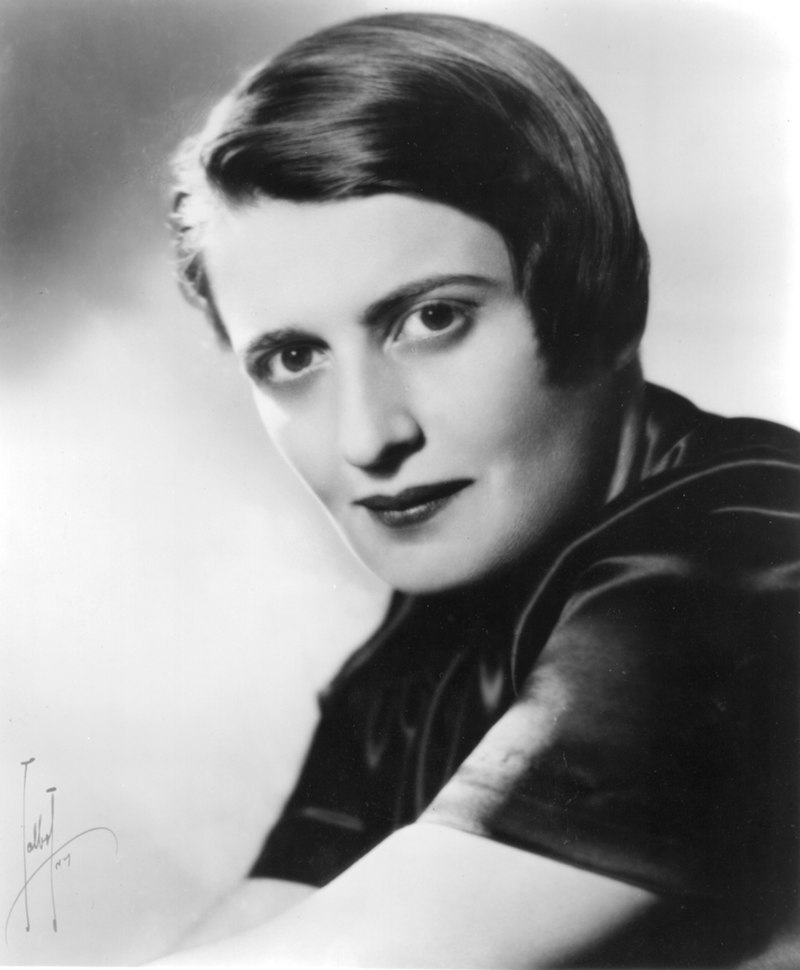
Libertarianism is a political philosophy that emphasizes individual freedom and limited government. It is based on the idea that individuals should be free to pursue their own interests and make their own choices, without interference from the state. The philosophy of libertarianism has a long history and has been developed by many different thinkers over the years.
At its core, libertarianism is a belief in the sovereignty of the individual. This means that individuals should be free to live their lives as they see fit, as long as they do not harm others. Libertarianism is based on the idea that individuals are best able to make decisions about their own lives, and that they should be able to do so without interference from the state.
There are many different strains of libertarianism, each with their own emphasis and focus. Some libertarians believe in minimal government intervention, while others believe in no government intervention at all. Some libertarians prioritize economic freedom, while others prioritize social freedom.
One of the key figures in the development of libertarianism was economist and philosopher Friedrich Hayek. Hayek believed that a free market was the best way to allocate resources and promote economic growth. He argued that government intervention in the economy was counterproductive, and that individuals should be free to make their own economic decisions.
Another influential thinker in the libertarian tradition is Robert Nozick. Nozick argued that the state should be limited to protecting individuals from violence and fraud, and that individuals should be free to make their own choices about their lives. He believed that any attempt to redistribute wealth or resources was a violation of individual rights.
One of the most prominent contemporary libertarian thinkers is Ron Paul. Paul is a former US Congressman and presidential candidate who has long advocated for limited government, free markets, and individual freedom. He has been a vocal critic of government intervention in both the economy and individual rights.
There are many different organizations and websites dedicated to libertarianism. The Cato Institute is a think tank that promotes libertarian policies and ideas, while the Mises Institute is a research center that focuses on Austrian economics and libertarianism. The Reason Foundation is a public policy organization that promotes libertarian principles, while the Libertarian Party is a political party that advocates for limited government and individual freedom.
In conclusion, libertarianism is a political philosophy that emphasizes individual freedom and limited government. It has a long history and has been developed by many different thinkers over the years. There are many different strains of libertarianism, each with their own emphasis and focus. There are also many organizations and websites dedicated to promoting libertarianism and advancing its ideas.
Links to relevant websites and thinkers:
- Friedrich Hayek: https://www.nobelprize.org/prizes/economic-sciences/1974/hayek/biographical/
- Robert Nozick: https://plato.stanford.edu/entries/nozick/
- Ron Paul: https://www.ronpaulinstitute.org/
- https://docs.google.com/presentation/d/1UGEJnnHl0OyfVCPfznMb4KJiiZlBcB2u/edit?pli=1#slide=id.p2Cato Institute: https://www.cato.org/
- Mises Institute: https://mises.org/
- Reason Foundation: https://reason.org/
- Libertarian Party: https://www.lp.org/

Meet a Thinker: F.A. Hayek
Friedrich August von Hayek (1899-1992) was an Austrian-British economist, philosopher, and social theorist. He is best known for his contributions to the fields of economics and political philosophy, particularly for his advocacy of free-market capitalism and his critique of socialism.
Hayek was born in Vienna, Austria, and received his education at the University of Vienna. He began his academic career as a legal scholar, but soon turned his attention to economics, becoming one of the leading members of the Austrian School of economics. In 1931, he published his most famous work, “Prices and Production,” which argued that business cycles are caused by the distortion of market signals due to government intervention.
During World War II, Hayek moved to the United States, where he taught at the University of Chicago and later at the University of Freiburg in Germany. In the post-war period, he became an influential public intellectual, writing extensively on political philosophy, social theory, and the role of government in society. His 1944 book “The Road to Serfdom” warned of the dangers of centralized economic planning and made him a leading critic of socialism.
In the 1970s, Hayek was awarded the Nobel Memorial Prize in Economic Sciences for his contributions to the theory of money and economic fluctuations. He continued to write and lecture on economics and political philosophy until his death in 1992.
Hayek’s ideas continue to be influential today, particularly among advocates of free-market economics and libertarianism. His work has been praised for its emphasis on the importance of spontaneous order and decentralized decision-making, and his critiques of socialism and central planning have remained relevant in debates about the role of government in modern societies.

Meet a Thinker: Ayn Rand
Ayn Rand (1905-1982) was a Russian-American writer, philosopher, and advocate of laissez-faire capitalism. She is best known for her philosophy of Objectivism and her novels, including “The Fountainhead” and “Atlas Shrugged.”
Born in St. Petersburg, Russia, Rand emigrated to the United States in 1926 and became a naturalized citizen in 1931. She began her career as a screenwriter in Hollywood, but eventually turned her attention to writing novels and developing her philosophy of Objectivism.
Objectivism holds that the proper goal of human life is the pursuit of one’s own happiness, and that reason is the only means of achieving it. Rand believed that individuals should be free to pursue their own self-interest without interference from the state, and that laissez-faire capitalism was the best economic system to achieve this.
Rand’s novels, particularly “The Fountainhead” and “Atlas Shrugged,” are known for their portrayal of strong-willed, individualistic heroes who reject conformity and embrace their own unique vision of life. They have been influential in the development of the modern libertarian movement and have gained a large following among fans of free-market capitalism.
Rand’s work has been both praised and criticized for its uncompromising individualism and its rejection of traditional moral and political values. Some critics have accused Rand of promoting a selfish and egoistic worldview, while others have praised her for her emphasis on individual rights and the importance of reason.
Despite the controversy surrounding her work, Rand remains a significant figure in American intellectual history and continues to influence debates about the role of government, the nature of individualism, and the proper goals of human life.